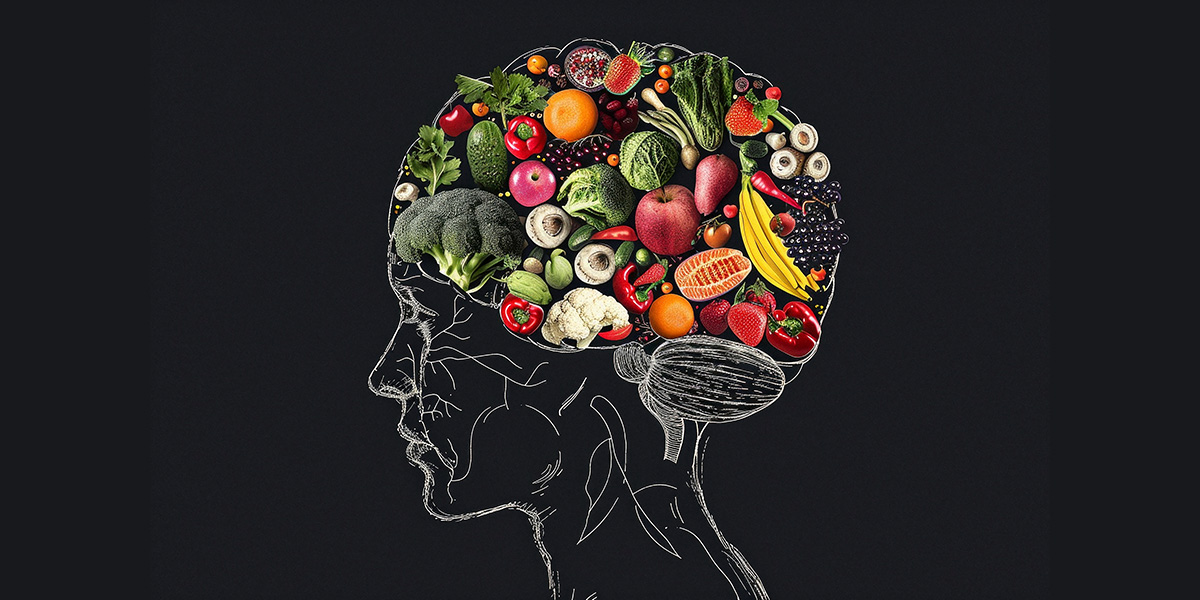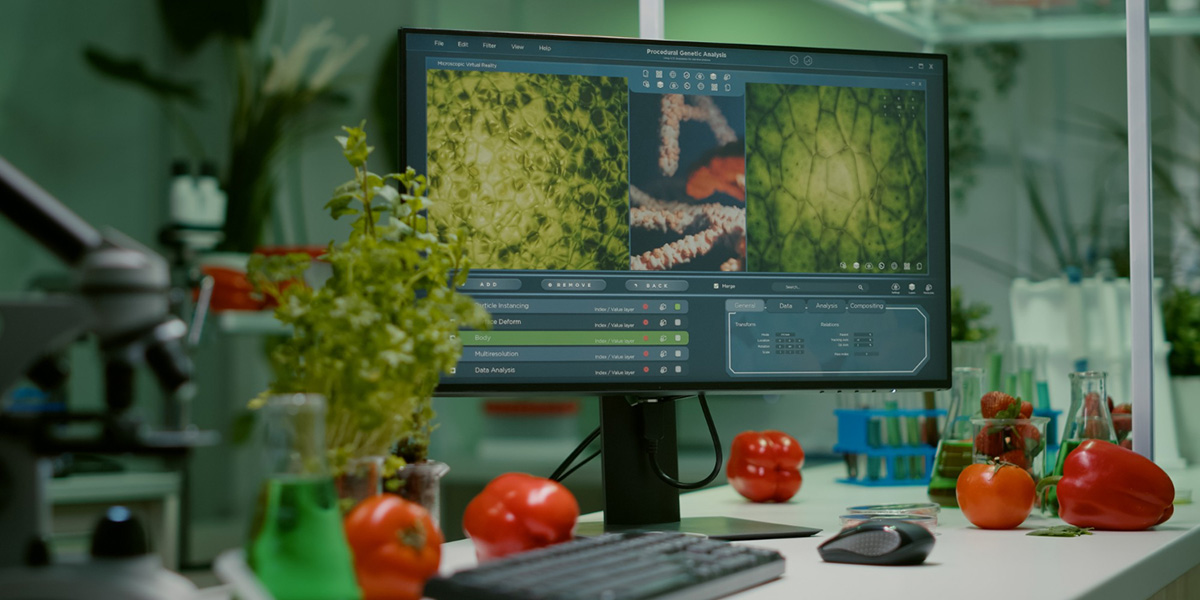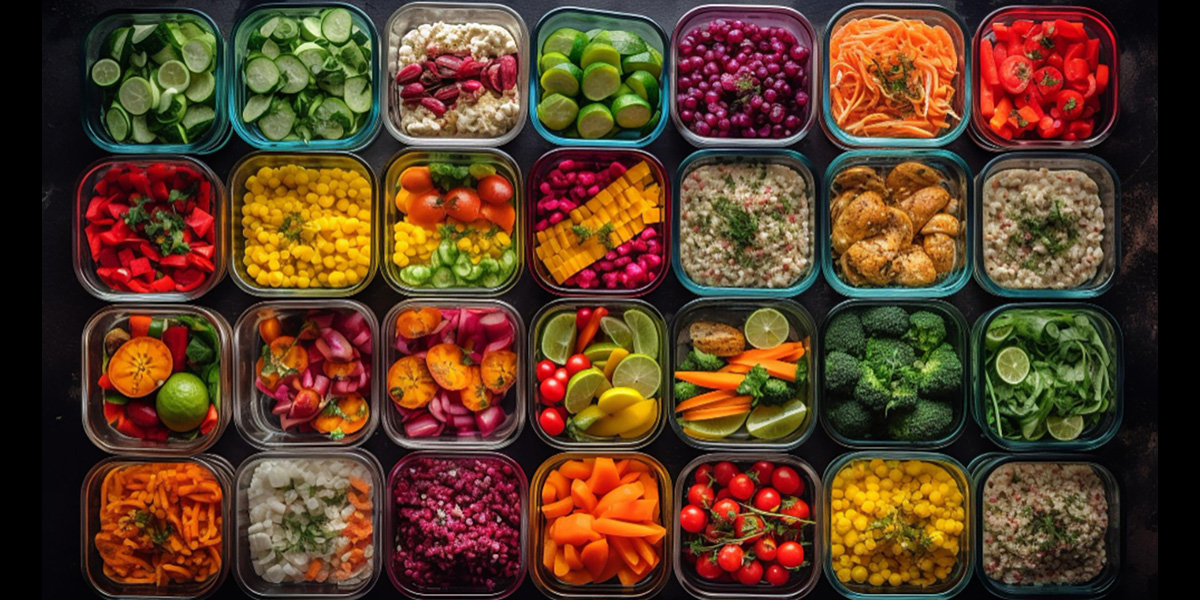Role of Nutrition Informatics in Preventing and Managing Obesity
Nutrition Informatics combines information technology and nutrition science to help analyze data for better results. It is a helpful tool for healthcare workers to gain insights based on dietary trends and health conditions using wearables and electronic health records. Integrating the tools helps collect, interpret, and analyze the data based on an individual's medical history and health conditions. Nutrition informatics helps gain insights and curate customized data of an










